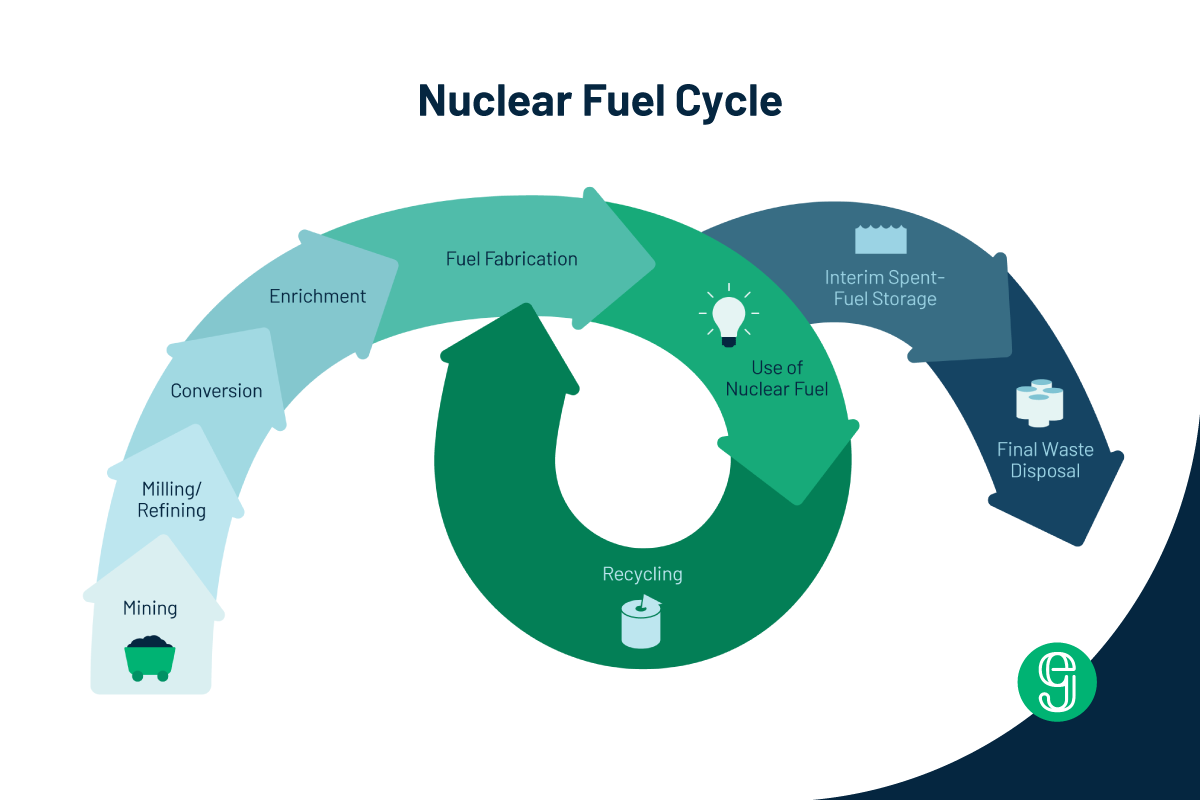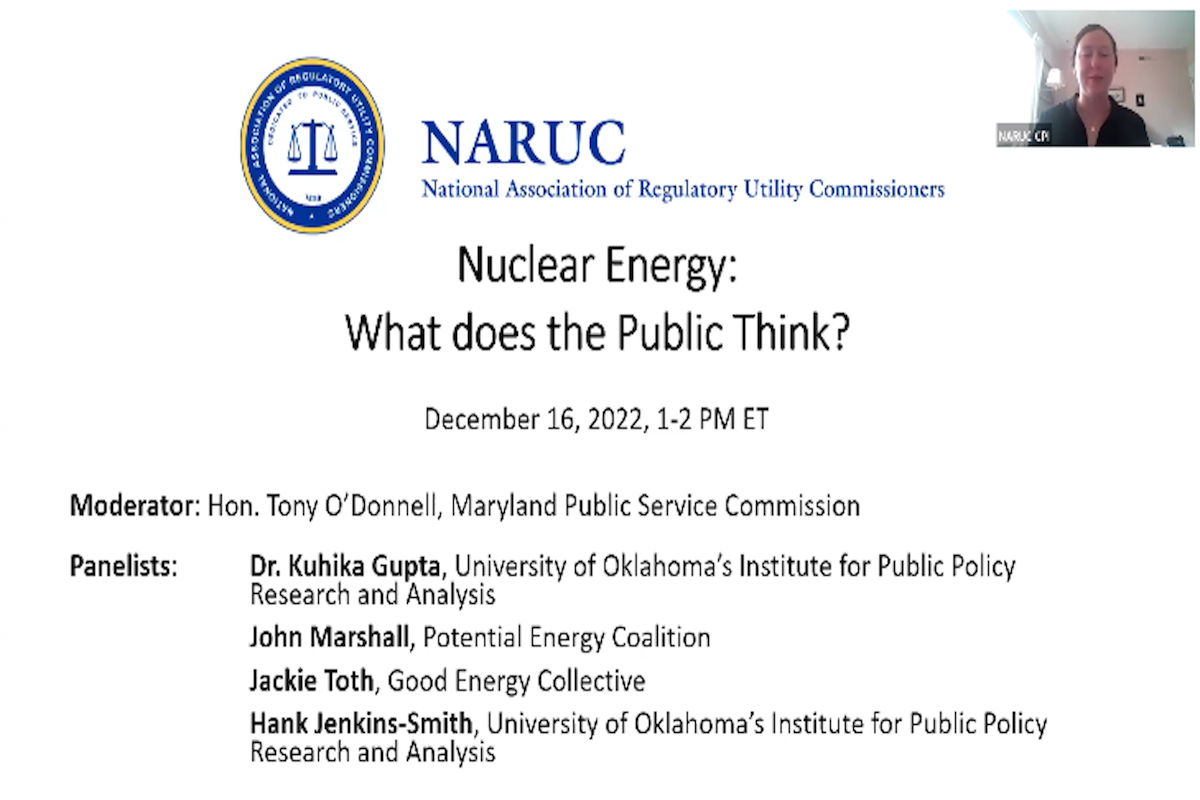Khalil and Cleo discuss their experiences at the 2023 MIT Energy Conference.

From left to right: Khalil Ryan and Cleo Schroer at the 2023 MIT Energy Conference.
From April 11 to April 12, Good Energy policy analysts Cleo Schroer and Khalil Ryan attended the 2023 MIT Energy Conference in Boston. Below they share their thoughts and impressions of the conference.
Khalil Ryan
Attending the MIT Energy Conference with Cleo was an incredible experience. The sheer variety of keynote speakers and panelists provided me with a wealth of information that I may not have been able to gain otherwise. Each of the topics covered by the panelists on both the first and second days focused on not only the importance of renewable energy but remained realistic about the implementation hurdles. The breakaway panel that I was most interested in focused on the role of geothermal and nuclear energy in clean energy generation. Not knowing much about geothermal energy, I walked away with a deeper understanding of the regulation process behind geothermal and the similarities it shares with nuclear. Both forms of energy constantly struggle with licensing issues despite their undeniable benefits in reducing carbon emissions.
Cleo Schroer
It was a pleasure to join my colleague Khalil for this energy conference! It’s incredibly helpful to branch out from the nuclear space and talk with other energy-minded people across the broader spectrum. Throughout the conference, there was a clear recognition throughout the keynote speeches and the panels that the severity of the climate crisis requires innovative thinking around technology, production, and international collaboration. Panels on small modular reactors (SMRs), nuclear fusion, geothermal, and more all highlighted the eagerness to innovate for an uncertain future.
I was astounded by the keynote speech by Volodymyr Kudrytskyi, the CEO of Ukraine’s National Power Company and Transmission Operator, Ukrenergo. It was inspiring to hear about how the company has relentlessly adjusted its operations under deeply uncertain conditions. It provided key insights on how to keep the lights on during the worst-case scenario. As a policy-minded researcher, I found it critical to hear more about the components that help us keep a stable grid as our environment becomes less predictable.
Yet for me, the clear highlight of the conference was the “Centering Energy Justice while Achieving Climate Goals” panel towards the end of the second day. Panelists provided diverse perspectives on the nuance required for a truly equitable energy transition. From indigenous land use to workforce transition in Louisiana, I found the discussion enlightening, and I’m glad that the conference highlighted these perspectives; however, I found it a bit disappointing that the only two justice-focused panels at the conference conflicted with each other.















































.png)























.png)






%252520(1200%252520%2525C3%252597%252520800%252520px).png)







